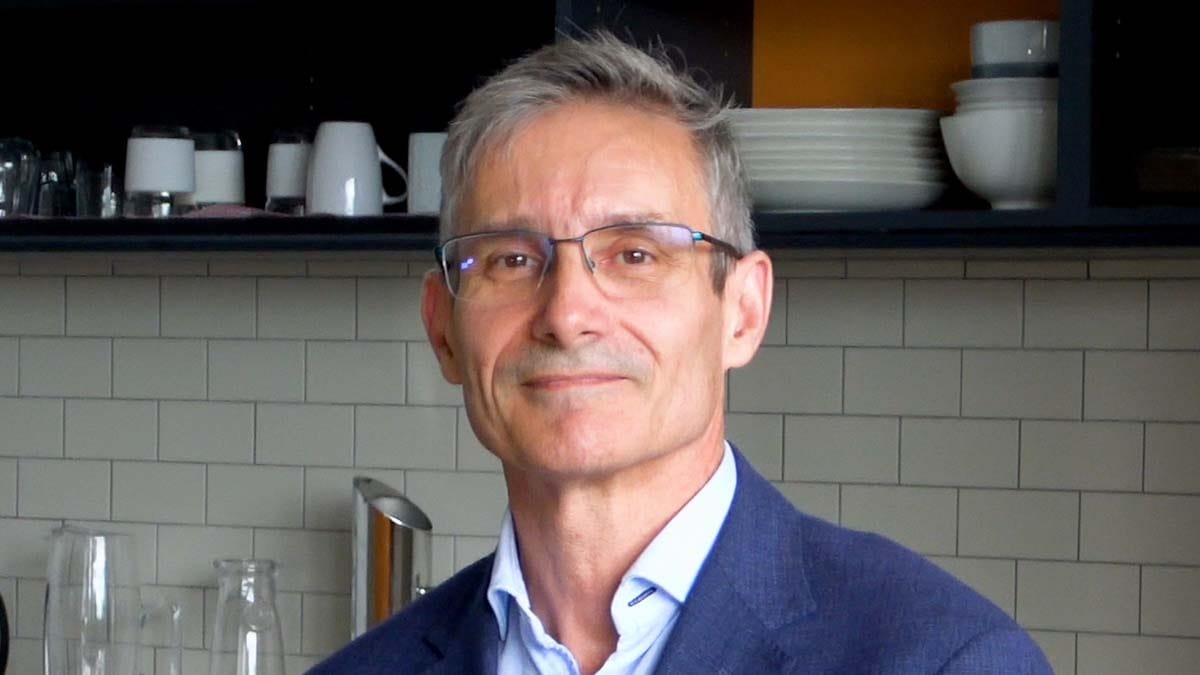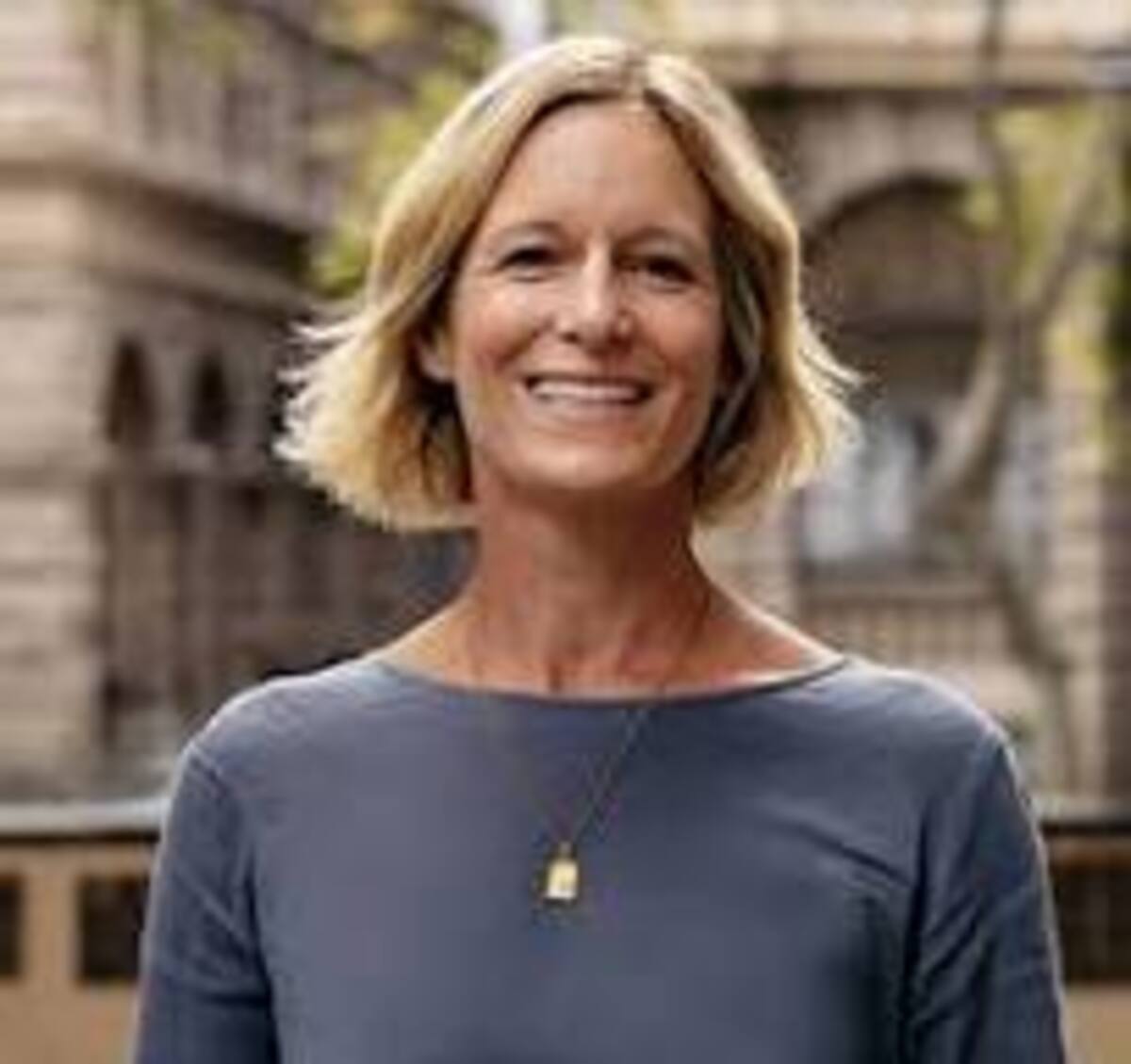
Professor Julian Trollor (photo courtesy Intellectual Disability Health Centre)
Australians with intellectual disability are dying decades earlier – but it doesn’t need to be that way. A new conference is sharing ways of tackling this rapidly growing problem.
In Australia, people with intellectual disability are dying, on average, 27 years earlier than people who don’t have intellectual disability - a statistic health experts say is both shocking and avoidable.
Professor Julian Trollor is Director of the Intellectual Disability Health Centre. He says the reason behind the stark disparity is systemic neglect and gaps in healthcare, rather than the condition itself. Addressing these health inequities is the focus of the Centre’s upcoming National Conference early next month.
The conference will, unusually and innovatively, bring together people from all intersections of the intellectual disability divide. This includes health professionals, researchers, families, carers, and advocates from across Australia, with the theme of "Working Together".
The conference will feature international keynote speakers, inclusive sessions, and hands-on workshops designed to support practical, person-centred solutions to intellectual disability health.
“People don’t die of intellectual disability - they’re dying because of major gaps in their health care,” Professor Trollor says. “Among these is a gap in the knowledge and understanding of how to best support the health needs of people with intellectual disability.”
The National Centre of Excellence in Intellectual Disability Health is working hard with the sector to address the gaps.” “Our upcoming Conference 2025 (themed "Working Together Every Step of the Way") is a chance for everyone to come together to discuss how we can best support the health of people with intellectual disability.”
Among the experts speaking at the conference will be Dr Gloria Krahn, an Adjunct Professor at Oregon State University and world-renowned expert on intellectual disability health and Alastair McEwin AM, Professor of Practice in Disability at UNSW and Former Commissioner of the Disability Royal Commission.
“There’s something for everyone at the conference. It’s an opportunity to network and connect, hear and share new ideas and get involved in hands-on workshops,” Professor Trollor says.
“Improving intellectual disability health is a significant issue that requires everyone to work together. This conference is just one way we can all do that.”
To register go to https://nceidh.org.au/conference
